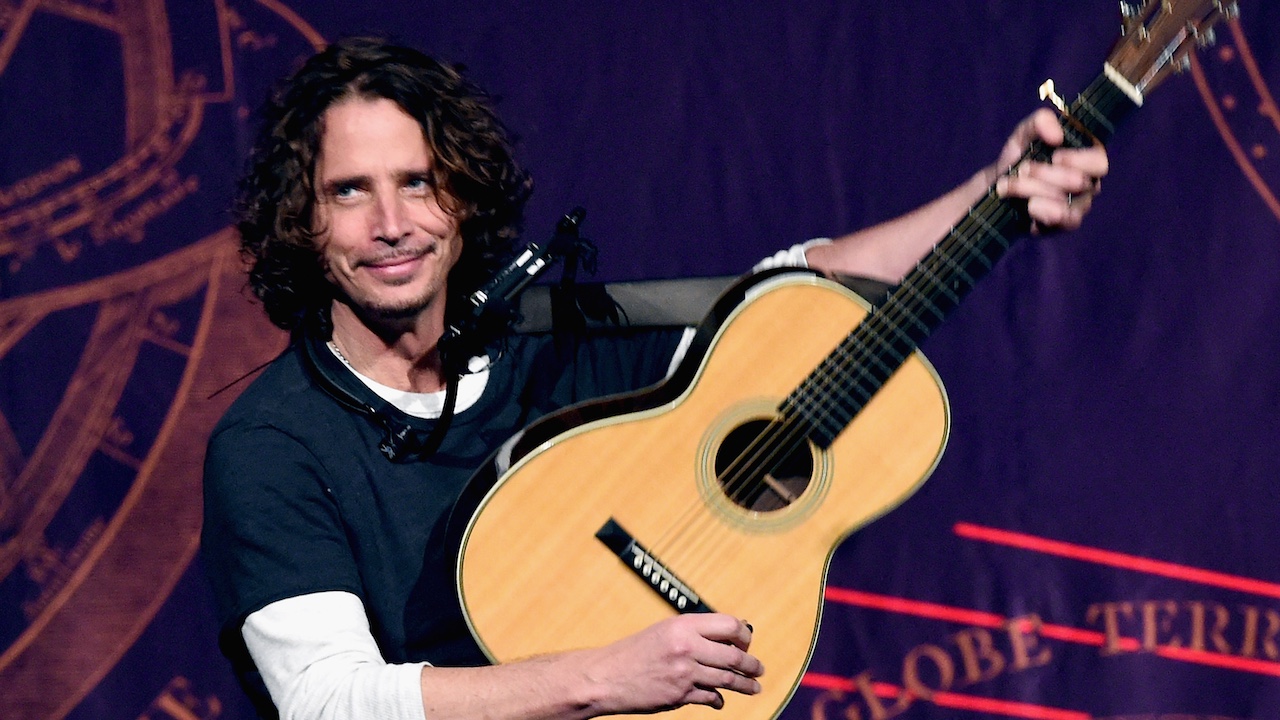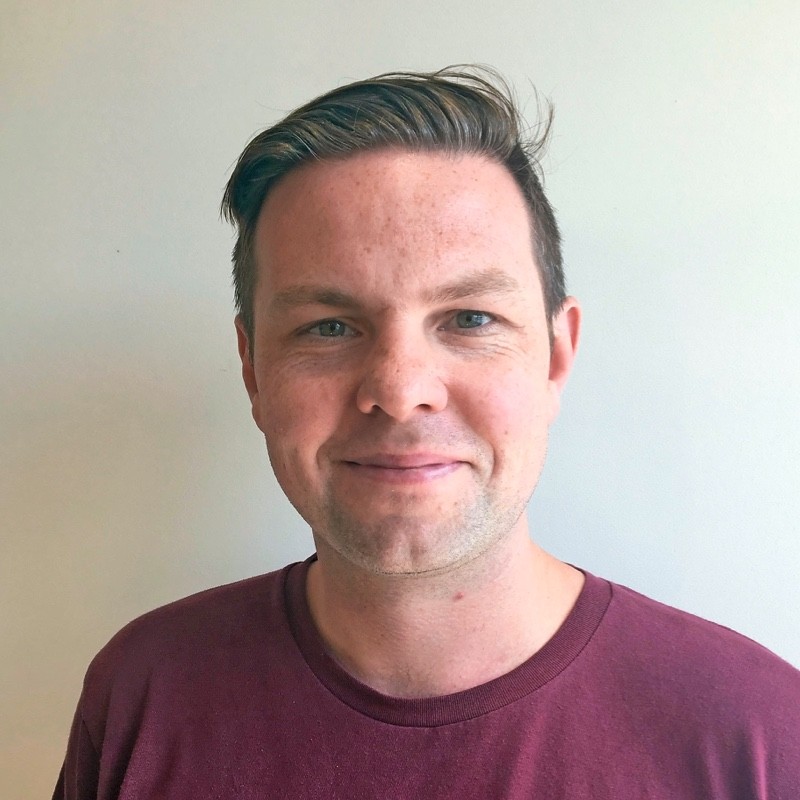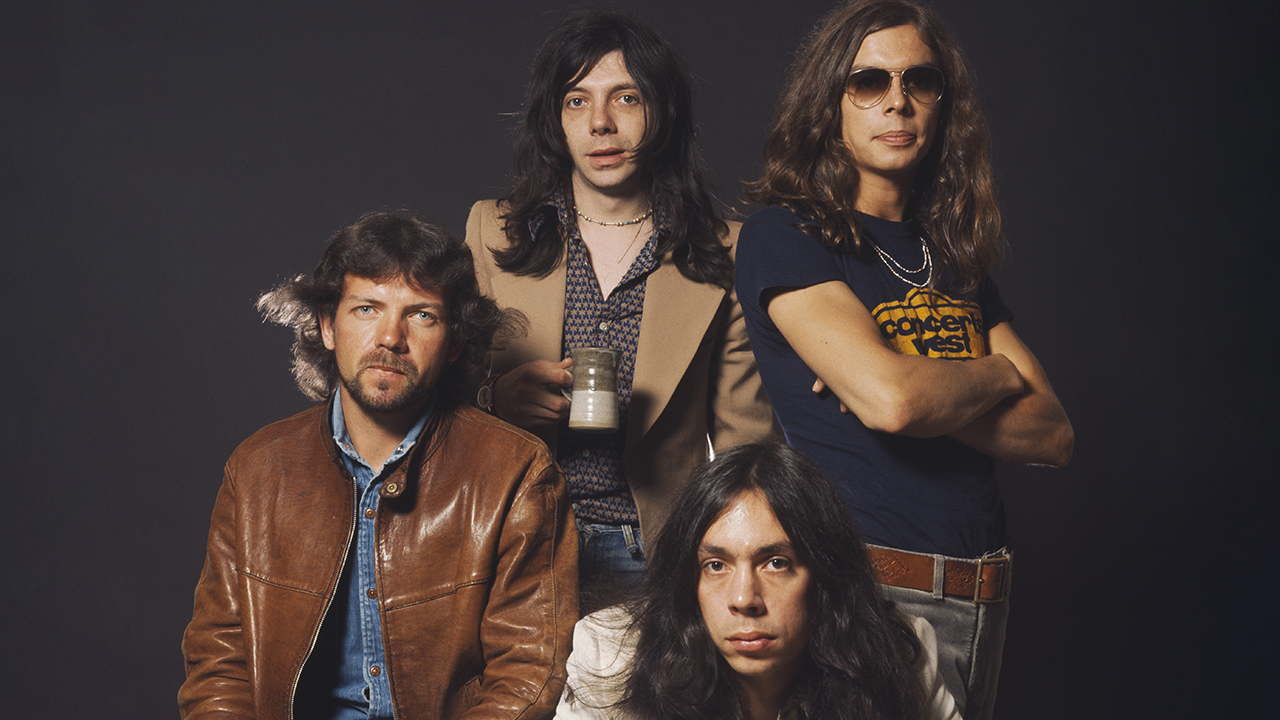“Often times, I’m motivated to write by some amount of melancholy”: revisiting Chris Cornell’s final album as it turns 10
The late Soundgarden frontman's final work was one of his most stripped-down and intimate records.

Off and on over 2011 and into 2012, Chris Cornell embarked on a tour unlike any the late Soundgarden frontman had done before. It was called the Songbook tour and captured the grunge icon at his most intimate and stripped-down, playing a selection of cuts from across his career, taking in all his varied groups and projects, on an acoustic guitar. After a lifetime of snarling frontman aggro as the face and voice – and what a voice – of Soundgarden, this was him operating at the other end of the scale.
He enjoyed the experience so much that, after the tour had concluded, he decided to write a whole album in that vein. Titled Higher Truth, it turns 10 today. It would turn out be Cornell’s final album, the singer committing suicide less than two years later.
In many ways, Higher Truth is a fitting send-off for one of the best rock singer and songwriters of his generation. Not just because it was one of the ex-Audioslave man’s better solo releases, but because his captivating way with a melody and emotionally-rich croon could sometimes be forgotten when he was in amped-up powerhouse mode. He didn’t always require the vocal hurricane to get his message across.
Away from the muscular heaviness of his hard rock material, Cornell’s wistful, reflective nature is at the heart of some of his best songs, be it Temple Of The Dog’s All Night Thing or Seasons, his mesmeric solo cut from the Singles soundtrack. Higher Truth is where he hunkered down into that.
Its sound also appealed to the side of him always seeking to push forward and explore different sides of his artistry – he could’ve easily, for instance, just released a record that reworked old songs into acoustic Songbook-friendly versions. But that wasn’t for him. “I wanted to make an album of original material that serves this Songbook touring thing,” he told Rolling Stone, “and makes it a living thing as opposed to a nostalgic one that looks into the past.”
“The songs had a different feeling to them, like a church-y environment,” he told Classic Rock’s Ian Winwood of what he enjoyed about the Songbook experience. “I like that; I liked the freedom that this gave me. Being in a band means certain limitations. Obviously I love Soundgarden and I’m very proud of the music we’ve made. But people know that Soundgarden isn’t going to play, say, a reggae song or something. The music isn’t stripped down. But in this format it is stripped down.”
Cornell turned to Brendan O’Brien, the seasoned producer and Pearl Jam collaborator who had mixed Soundgarden’s landmark Superunknown and Audioslave’s Out Of Exile, to help him pull off the stylistic makeover. “I wanted the album to be intimate and small and so I didn’t want to hire a band,” he explained. “I also know how Brendan works. He’s very focused and very quick and he always makes the right decisions.”
The latest news, features and interviews direct to your inbox, from the global home of alternative music.
These were songs, he continued, that were perfectly suited for him to let his more contemplative side take hold. “Often times, especially in the context of an acoustic song, I’m motivated to write by some amount of melancholy,” he said.
Cornell listened to a lot of other acoustic albums going into the process, he explained, and said he noticed a lot of them possessed a more uptempo nature. “Like Jack Johnson, where it sounds great and there’s an intimacy to it,” he ventured. “But I don’t have that in me.”
If anything, Higher Truth was the record where Cornell sounded most at ease with himself, as if these weren’t songs geared towards mass exposure or Soundgarden fans or those who’d been converted by his time in Audioslave, but ones he was writing them to suit himself. It took him back to the music he was worked on away from Soundgarden as they became a huge success, he told Seattle publication The Stranger. “It reminds me to some degree of Temple Of The Dog… and a lot of solo songs I wrote in the early 90s,” he said. “This is now, I guess in a way, how I see myself, as opposed to seeing myself as someone who does anything and everything. I think when you become famous for being in a band… It’s sort of hard as a solo artist to stand outside myself and say, ‘Okay, what kind of song does this guy sing?’ It’s easy with a band. I don’t know why, but it is. This is probably the first time in my life that I’ve ever been able to step outside of me and say, ‘I think I know what that guy should sound like’, and here’s a song for him.”
Little did any of us know that it would be the full-stop on one of the most varied and successful careers of any 90s rocker. For someone who sounds like they’ve discovered a new way to move forward, it will forever be tragic that Higher Truth was the last word on Chris Cornell’s musical output. He went out exactly as he came in, following his muse, making the music he wanted to make. For that reason, it should be cherished.
Niall Doherty is a writer and editor whose work can be found in Classic Rock, The Guardian, Music Week, FourFourTwo, Champions Journal, on Apple Music and more. Formerly the Deputy Editor of Q magazine, he co-runs the music Substack letter The New Cue with fellow former Q colleague Ted Kessler. He is also Reviews Editor at Record Collector. Over the years, he's interviewed some of the world's biggest stars, including Elton John, Coldplay, Radiohead, Liam and Noel Gallagher, Florence + The Machine, Arctic Monkeys, Muse, Pearl Jam, Depeche Mode, Robert Plant and more.
You must confirm your public display name before commenting
Please logout and then login again, you will then be prompted to enter your display name.

